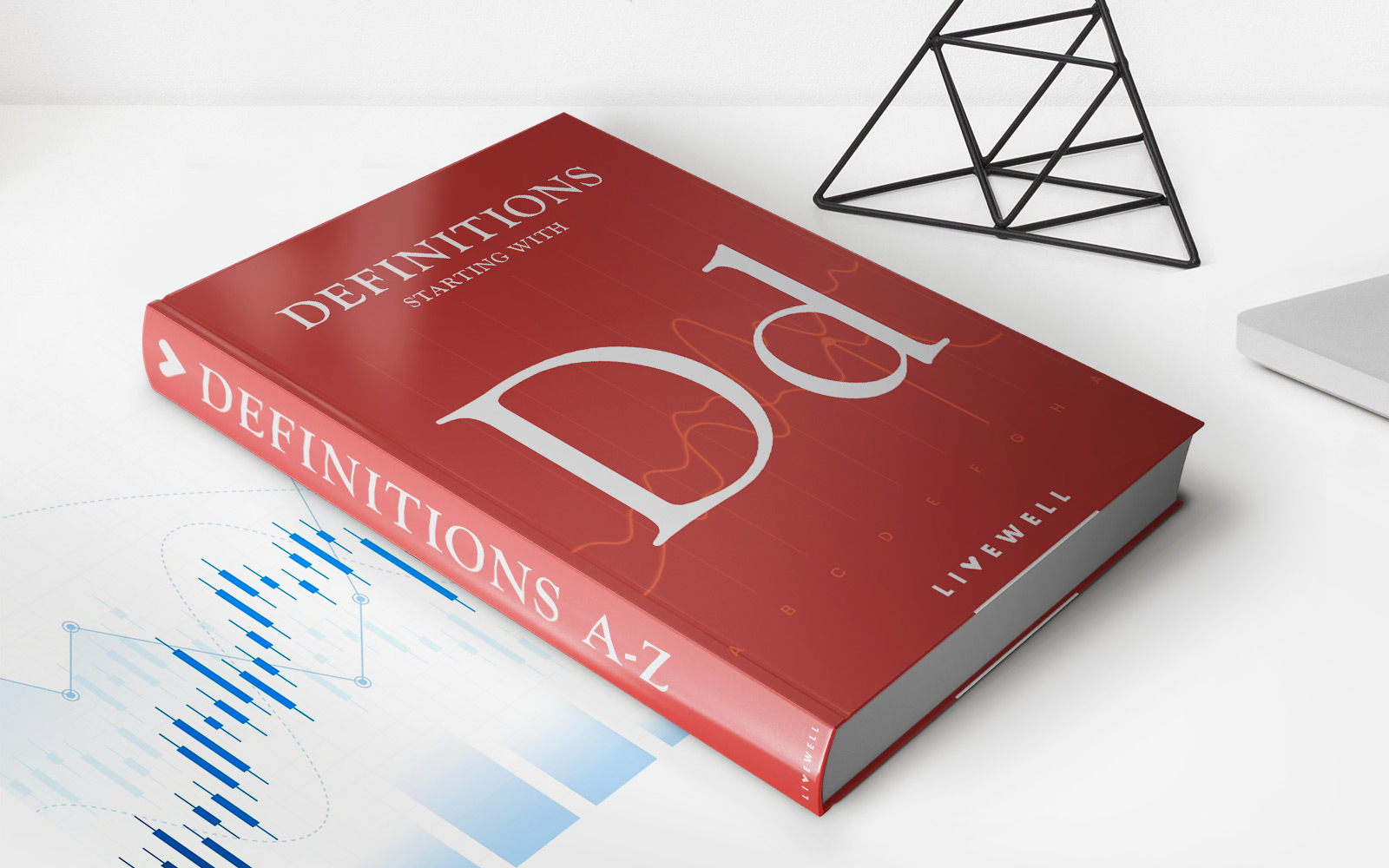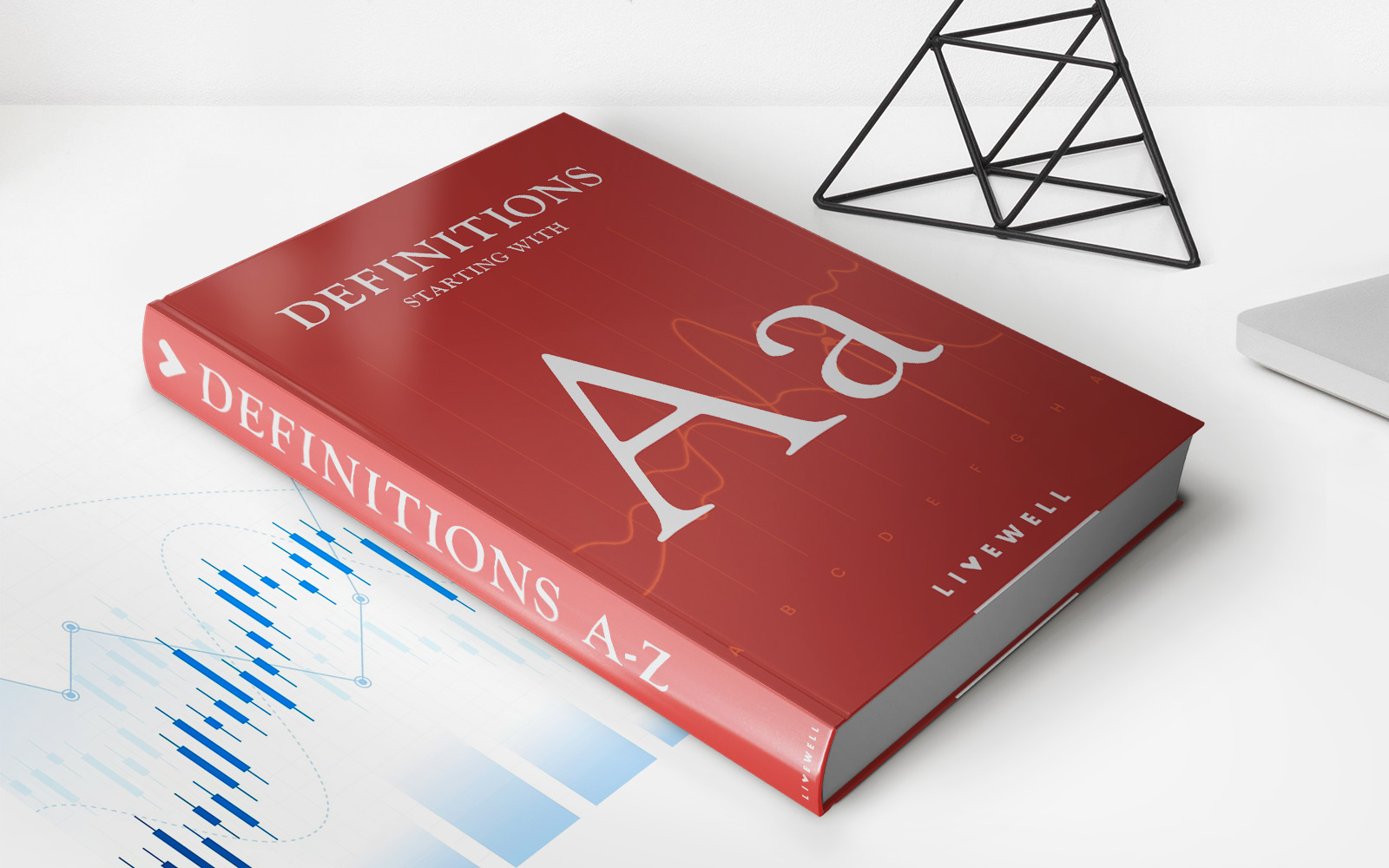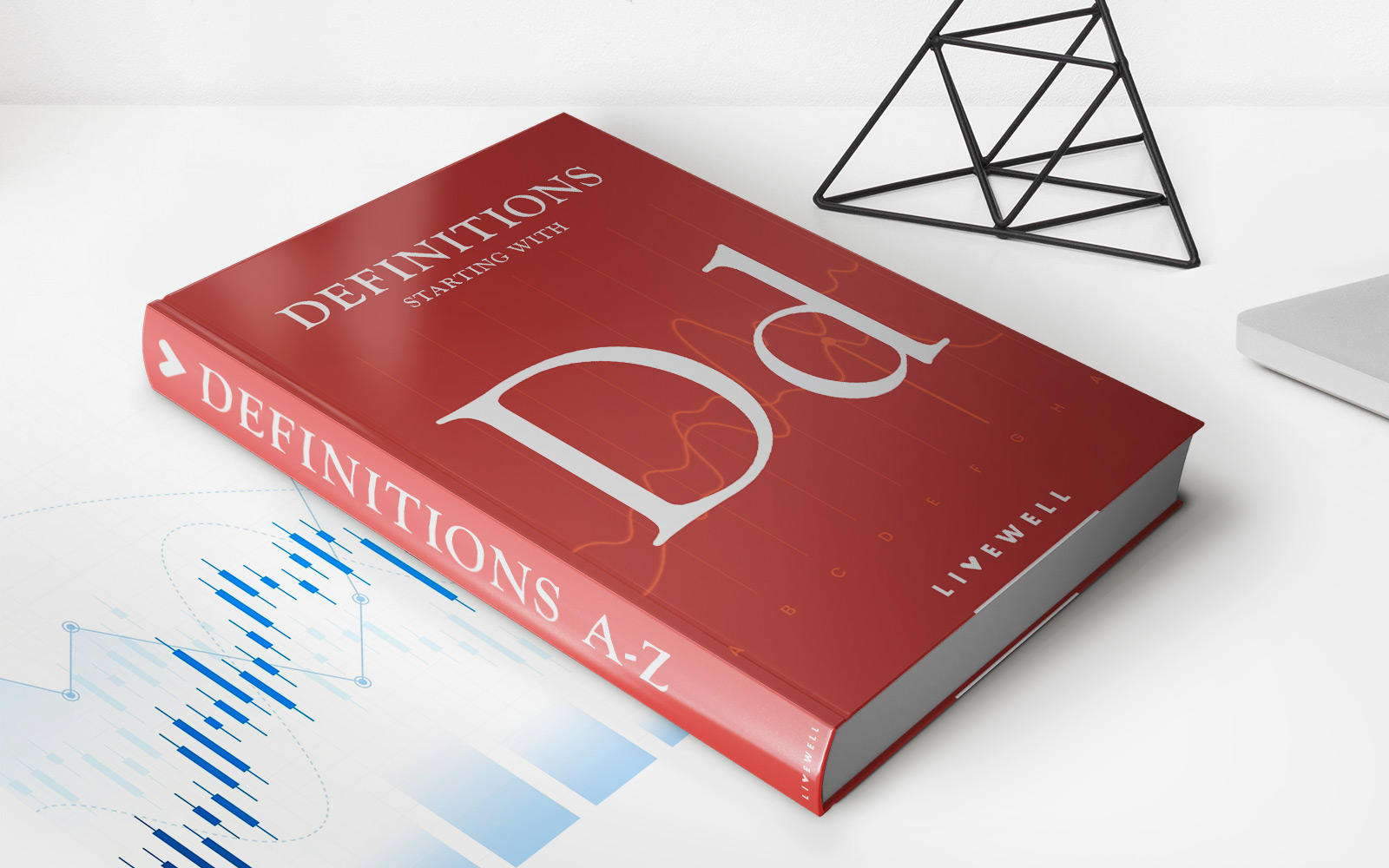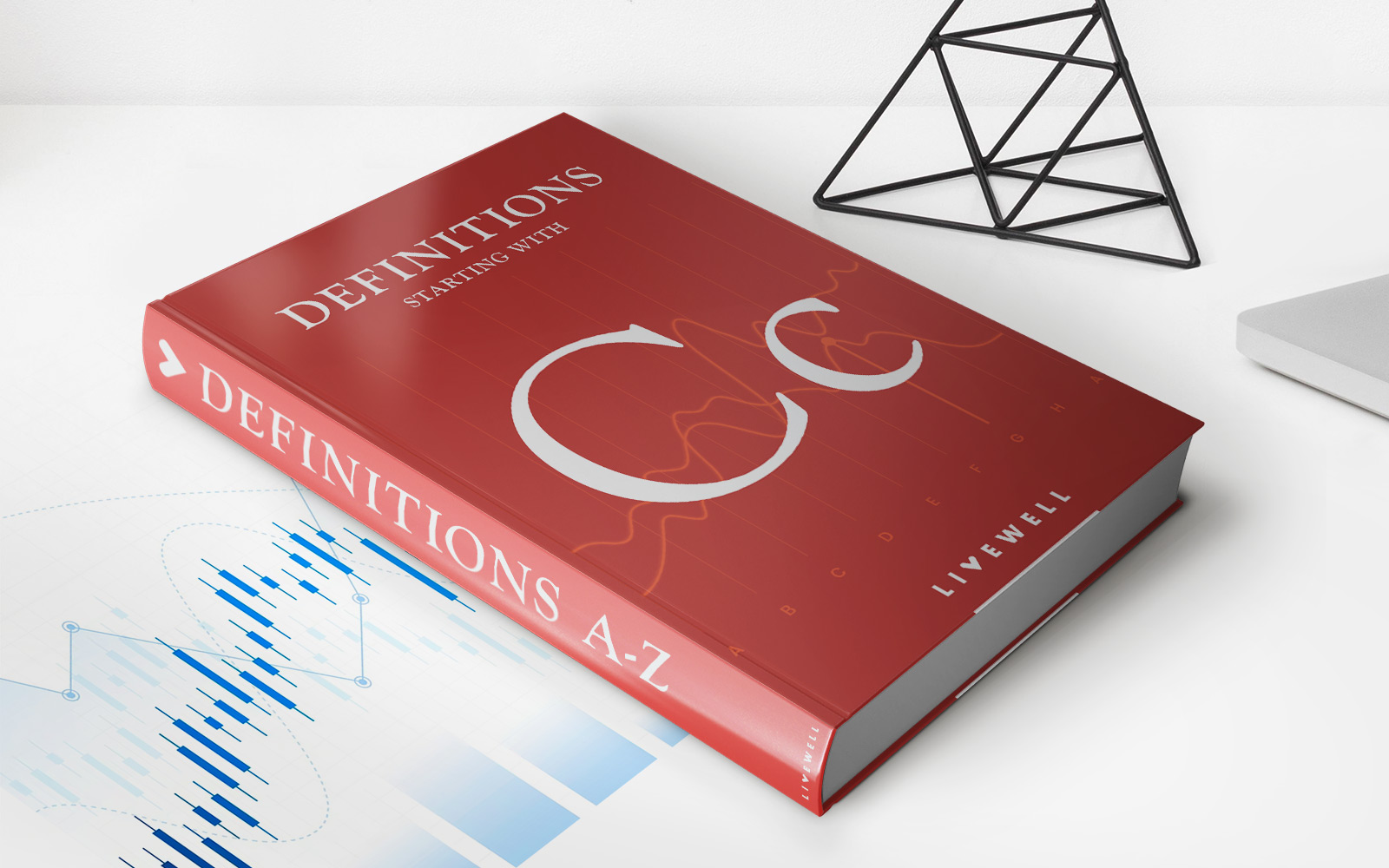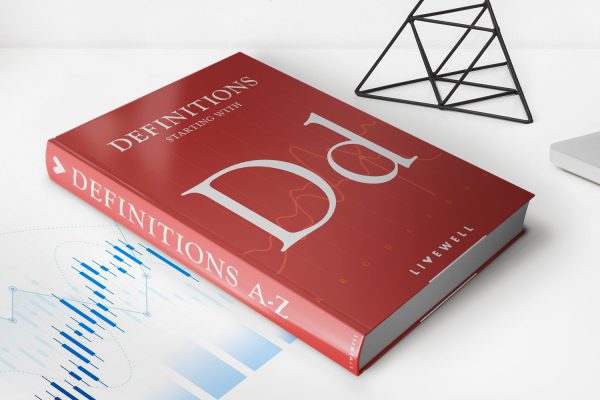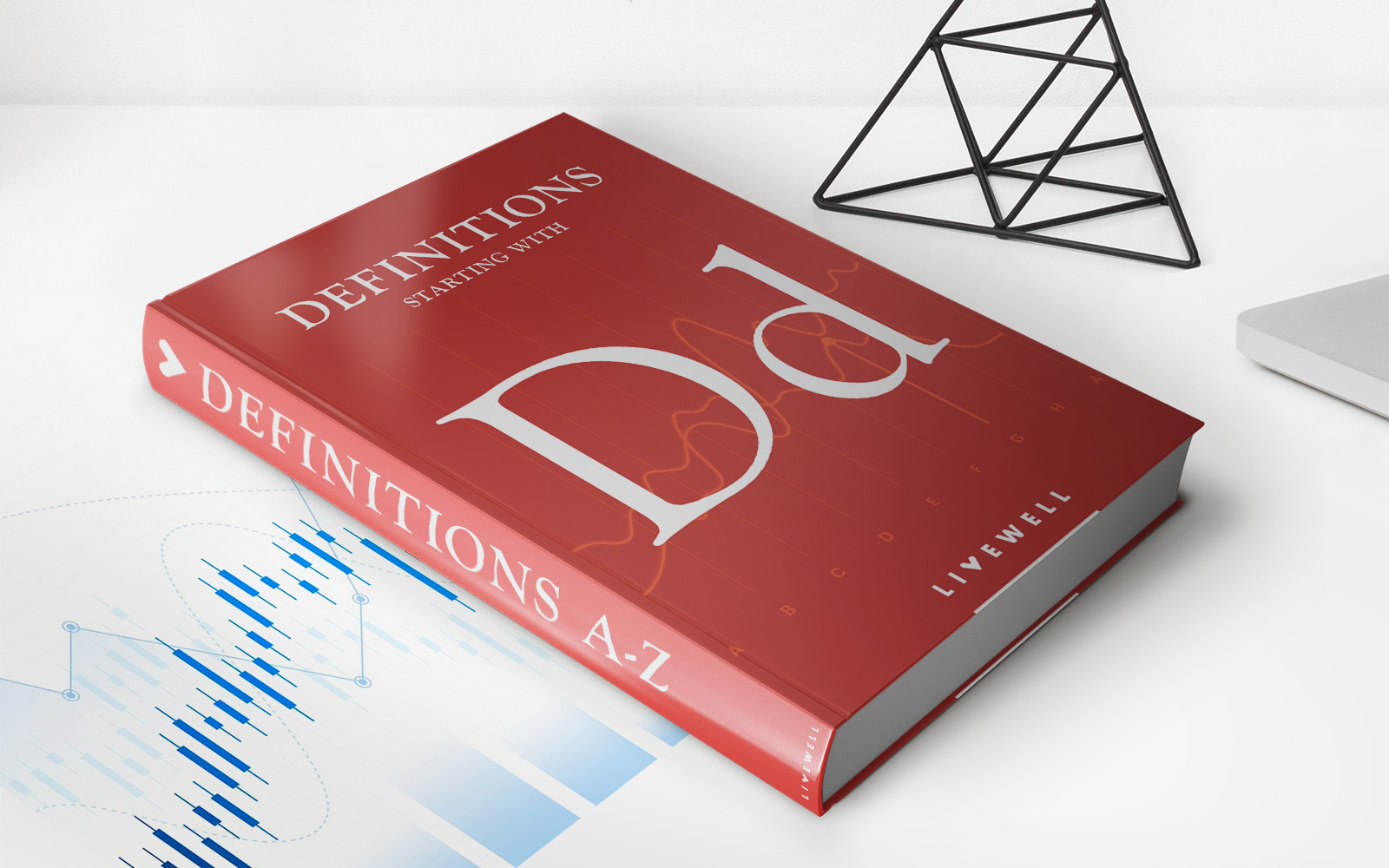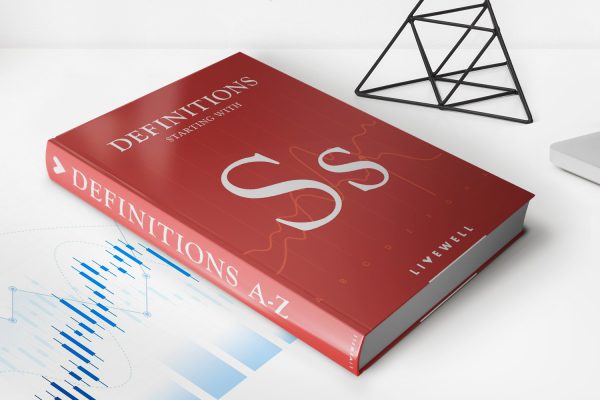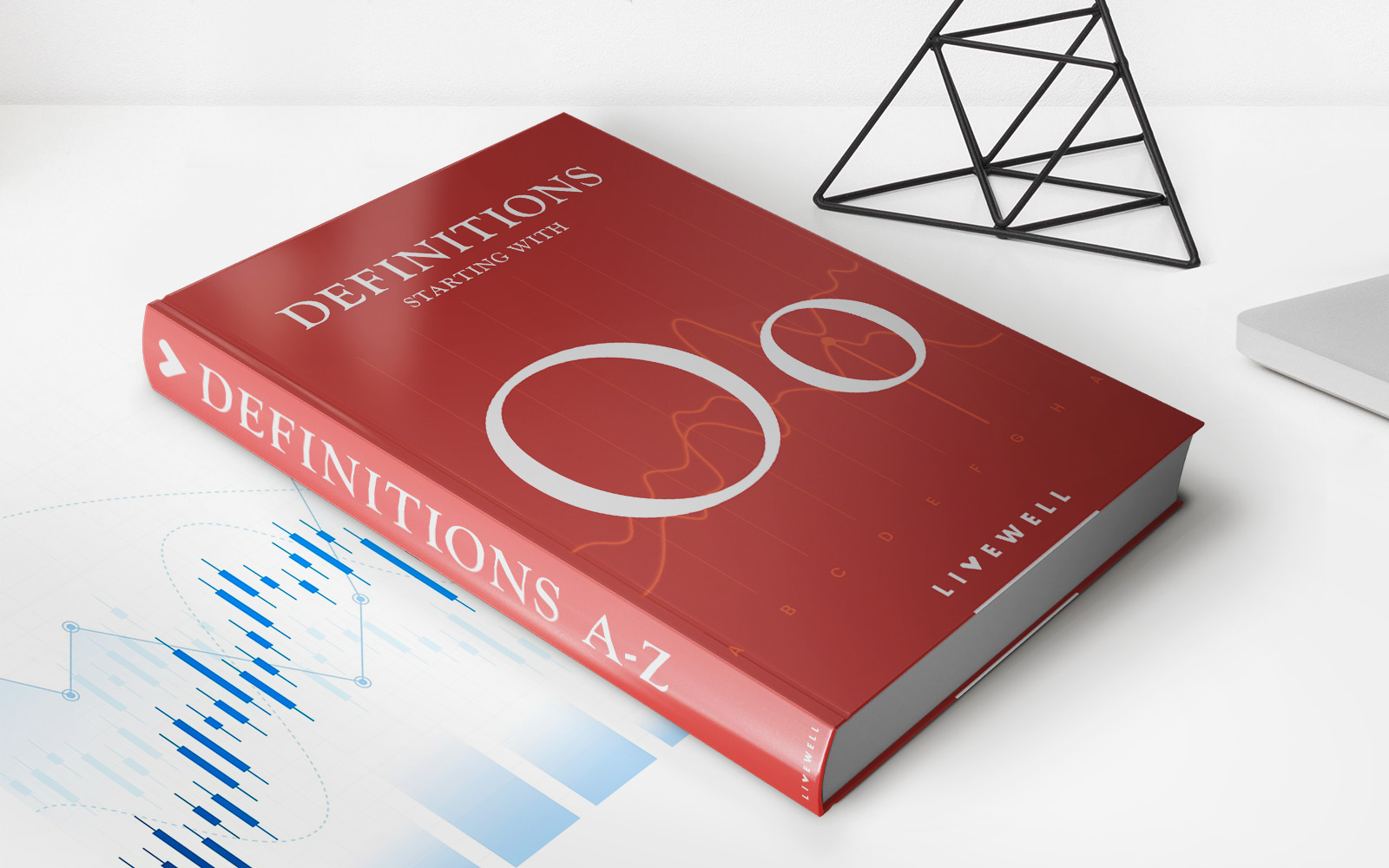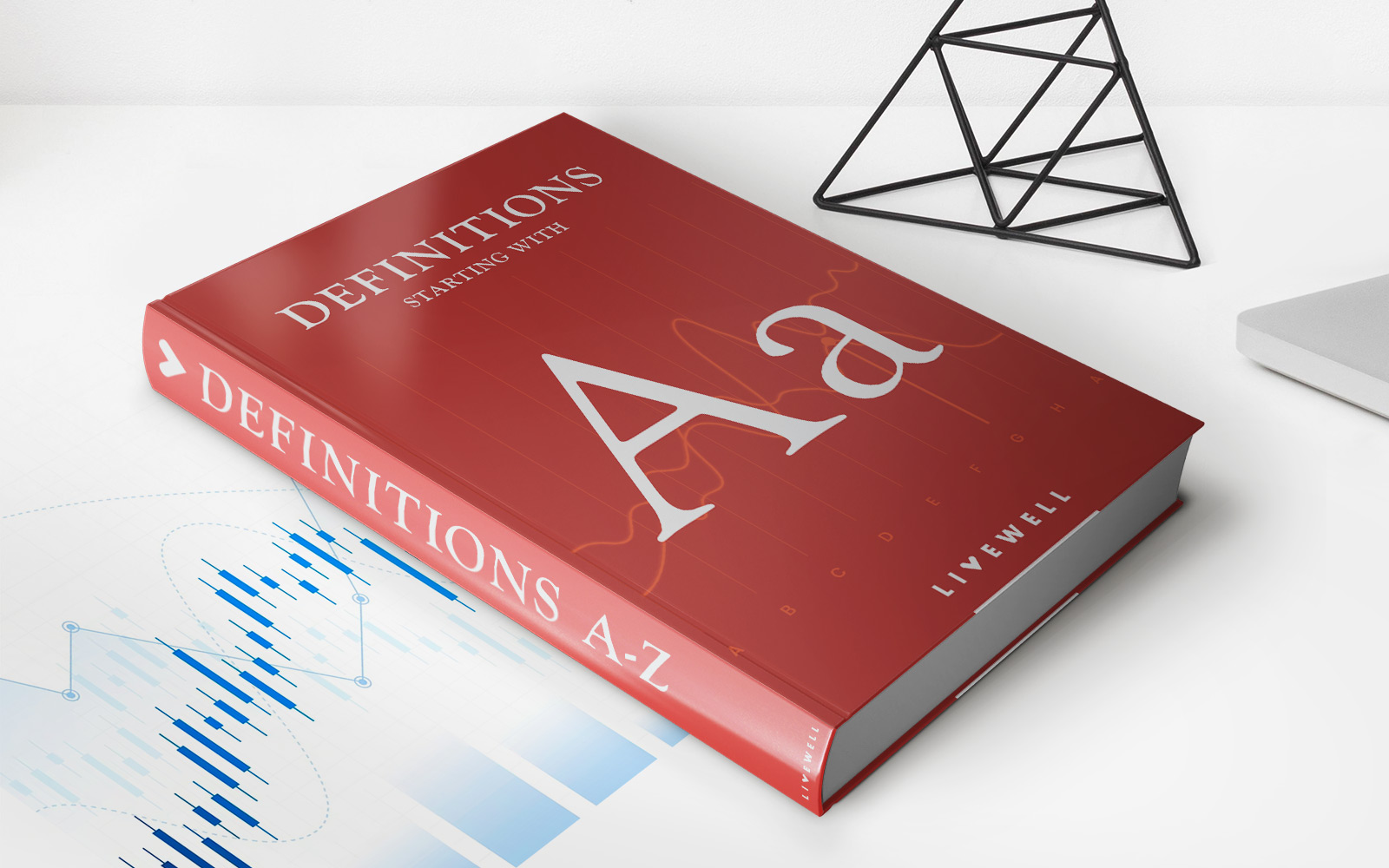Home>Finance>What Is A Deposit? Definition, Meaning, Types, And Example
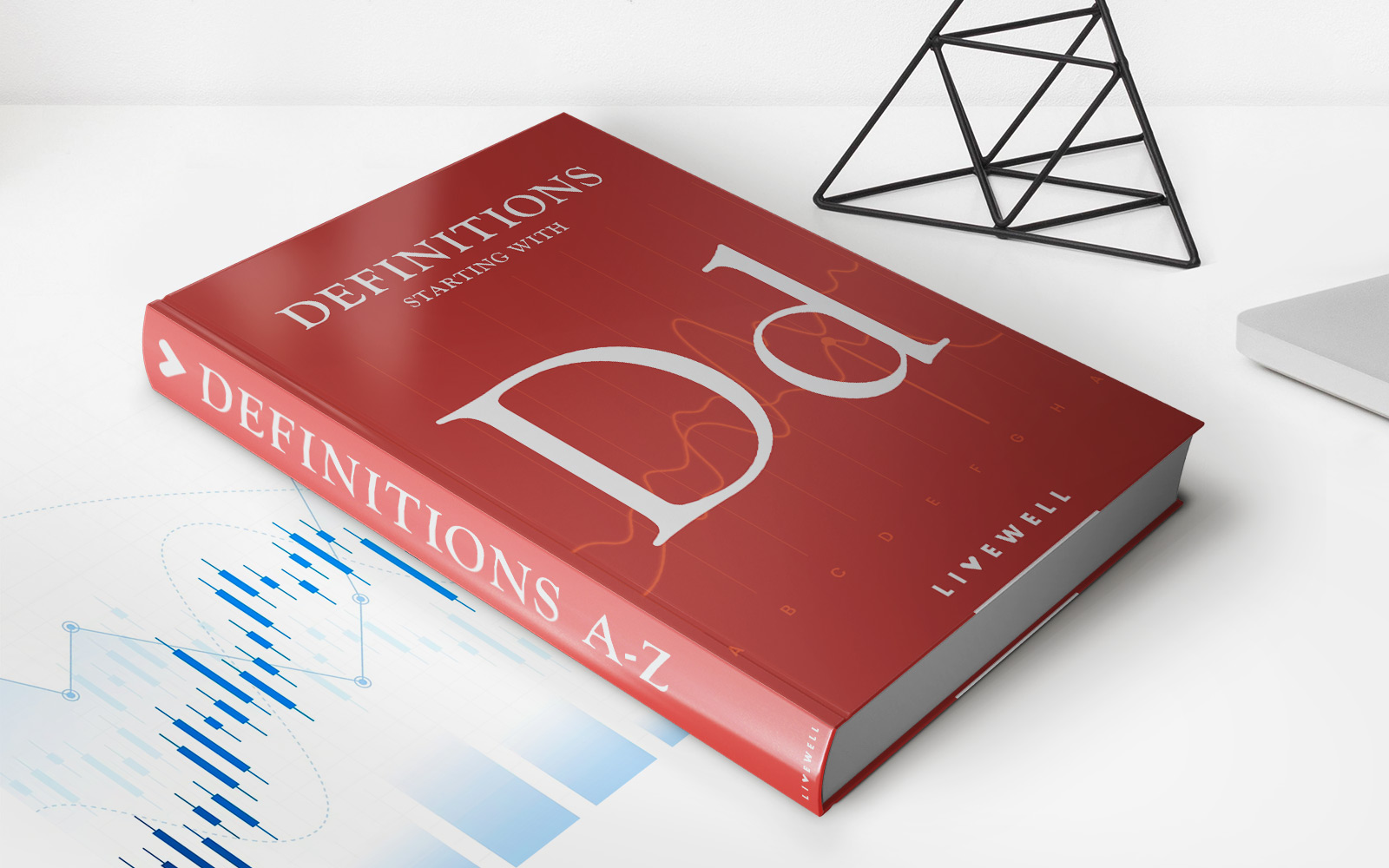

Finance
What Is A Deposit? Definition, Meaning, Types, And Example
Published: November 10, 2023
Learn the definition, meaning, types, and example of a deposit in finance. Understand how deposits play a crucial role in various financial transactions.
(Many of the links in this article redirect to a specific reviewed product. Your purchase of these products through affiliate links helps to generate commission for LiveWell, at no extra cost. Learn more)
Understanding Deposits: A Comprehensive Guide
Welcome to our expert guide on deposits in the world of finance! If you’ve ever wondered what a deposit really is, how it works, and the different types available, you’ve come to the right place. In this article, we will provide you with a clear definition, meaning, and examples of deposits.
Key Takeaways:
- A deposit is a sum of money that an individual or entity places into a bank account or financial institution.
- Deposits can serve various purposes, such as saving, investing, or securing a loan.
Definition and Meaning of a Deposit
Simply put, a deposit is a sum of money that an individual or entity places into a bank account or financial institution. This amount can be in the form of cash, check, or electronic transfer. By making a deposit, you are entrusting your money with the financial institution for safekeeping and potential growth.
Deposits play a crucial role in the world of finance. They allow individuals and businesses to securely store their funds, earn interest, and easily access their money when needed. Banks, credit unions, and other financial institutions use these deposits to extend loans, invest in various assets, and provide essential banking services.
Types of Deposits
Deposits can come in different forms, depending on the purpose and terms agreed upon by the depositor and the financial institution. Below, we highlight some common types of deposits:
- 1. Savings Deposits: These are generally long-term deposits used for accumulating funds over time. They typically offer a higher interest rate than current accounts and come with certain restrictions on withdrawal.
- 2. Current Account Deposits: Current accounts are primarily used for daily transactions, enabling easy access to funds. While they may not offer interest on deposits, they are designed to allow frequent deposits and withdrawals.
- 3. Fixed Deposits: Also known as time deposits or term deposits, these are deposits made for a specific period at a fixed interest rate. Fixed deposits provide higher interest rates compared to savings accounts and are ideal for individuals looking to earn more on their savings.
- 4. Recurring Deposits: Recurring deposits involve regular deposits over a predetermined period. These are often used by individuals who want to save a certain amount of money each month systematically.
- 5. Security Deposits: These deposits function as a guarantee against any potential losses or damages. Examples include rental deposits, where tenants provide a security deposit to landlords to secure the premises.
Example of a Deposit
Let’s consider a practical example to better understand how deposits work. Amy decides to save for a down payment on a house. Each month, she deposits $500 into a fixed deposit account at her bank, which offers an annual interest rate of 2%. After three years, Amy will accumulate her initial deposits along with the interest earned at the end of the term.
At the end of the deposit period, Amy will have not only the total amount she deposited but also the interest earned on her savings. This additional sum helps her achieve her goal of saving for the down payment much faster.
Conclusion
Deposits are a fundamental part of the financial landscape, offering individuals and businesses a safe and reliable way to store and grow their money. By understanding the various types of deposits and their implications, you can make informed decisions about how best to manage your finances.
Whether you’re saving for a future goal, creating an emergency fund, or seeking to earn interest on your savings, understanding deposits is essential. We hope this guide has provided you with valuable insights and clarity on the subject.
